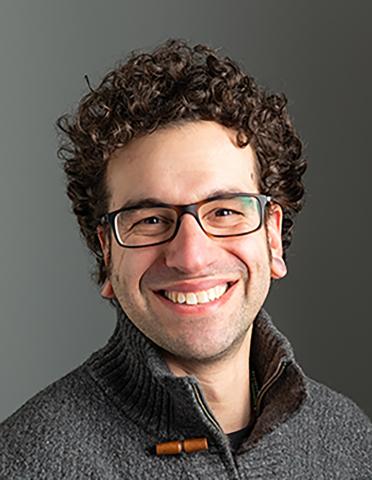Biology Seminar Series - On the (im)possibility of elephants
–
McCardell Bicentennial Hall 220276 Bicentennial Way
Middlebury, VT 05753 View in Campus Map
Open to the Public

Biology Seminar, Saul Lecture - Dr. Vincent Lynch, University of Buffalo
Cancer, aging, Peto’s paradox
Evolutionary theory predicts that large animals, because they have more cells than smaller ones should have higher cancer prevalence than the small ones; similarly long-lived animals, which have a long time to acquire cancer causing mutations should have higher cancer prevalence than short lived ones but do not. In fact the cancer prevalence in mammals averages 50-10%. What mechanisms underlie this apparent disconnect between theory and observation?
Dr. Vincent Lynch is a first generation student who grew up in downstate NY, and was rather feral spending most of his free time outside exploring nature. After realizing his initial plan of joining the military was a bad mistake because he doesn’t take orders well and has epilepsy, he switched course and went to SUNY Albany where he earned a BS in biology and BA in anthropology. After graduating he earned his PhD from Yale University and has been taking orders from no one and studying whatever is interesting exercise (which is easy to do as an evolutionary biologist because everything evolves); lately that includes studies of the origins of pregnancy and how large, long-lived animals solved the paradox of their elevated cancer risk.
- Sponsored by:
- Biology
Contact Organizer
Thompson, Missey
mathomps@middlebury.edu
443-5258

